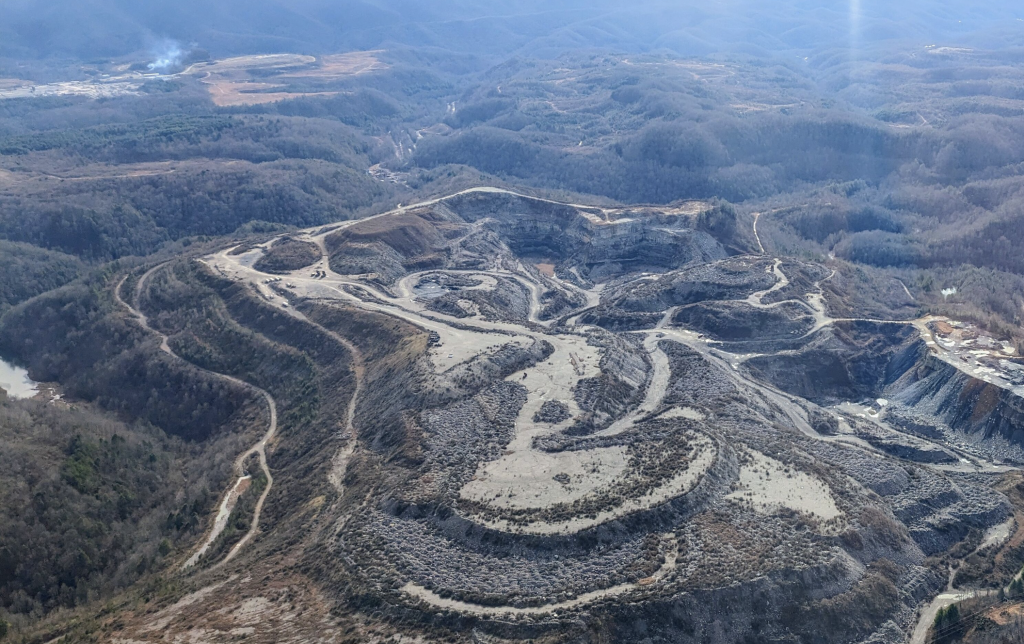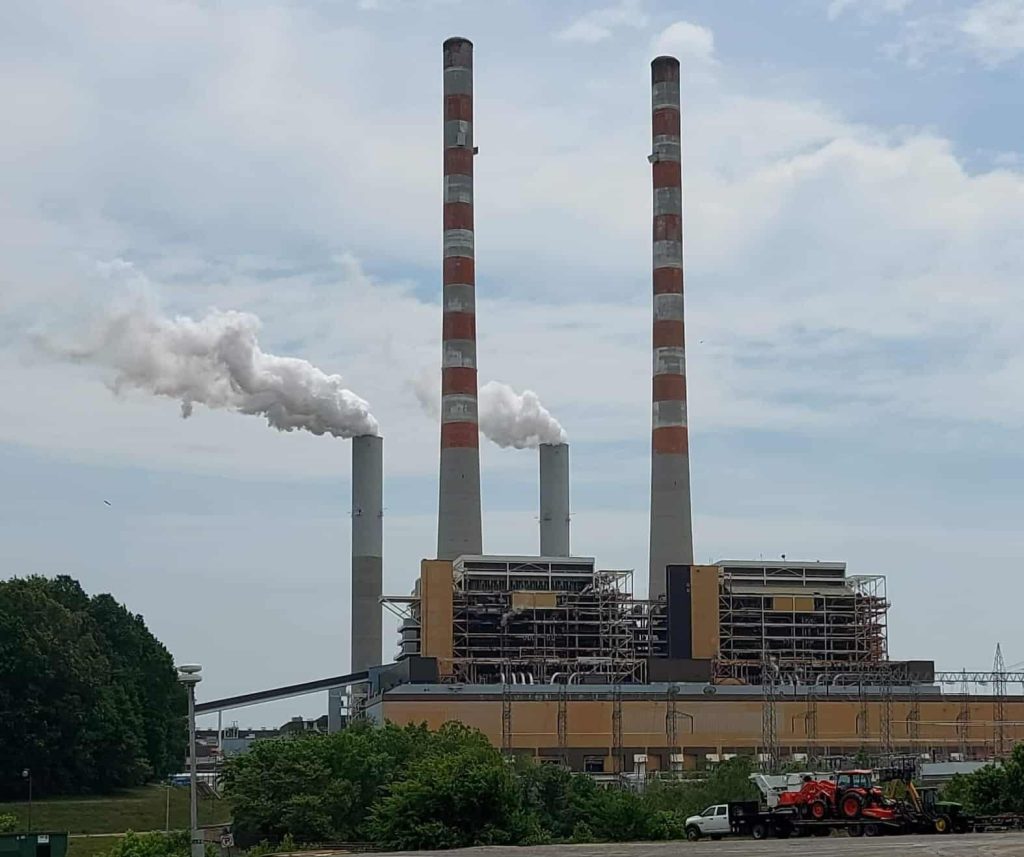Groups take legal action to support North Carolina denial of Southgate pipeline
CONTACT:
Ridge Graham, Appalachian Voices, (828) 994-7444, ridge@appvoices.org
Perrin de Jong, Center for Biological Diversity, (828) 595-1862,
perrin@biologicaldiversity.org
Doug Jackson, Sierra Club, (202) 495-3045, doug.jackson@sierraclub.org
RICHMOND, Va.— The Center for Biological Diversity, Appalachian Voices and Sierra Club filed a motion Tuesday with the U.S. 4th Circuit Court of Appeals to defend the North Carolina Department of Environmental Quality’s denial of a key water permit for a major fracked-gas pipeline.
In August, North Carolina denied a mandatory water permit for the 73-mile MVP Southgate pipeline, a proposed extension of the 300-mile, still-unbuilt Mountain Valley Pipeline. The department based its permit denial on “avoidable environmental impacts to water quality and protected riparian buffers,” in part due to dim prospects for the successful completion of the mainline. Mountain Valley, the project’s sponsor, filed a petition in the 4th Circuit to overturn the state’s decision.
“As the climate crisis bears down on us all, with worsening fires, floods and extinctions, we need to focus our attention on advancing clean energy solutions, not fossil fuel boondoggles,” said Perrin de Jong, a North Carolina-based staff attorney at the Center. “For the communities and imperiled wildlife along the proposed pipeline’s route, it’s time to bury this senseless project once and for all.”
“North Carolina environmental regulators looked carefully at the Southgate proposal, and saw the dire implications for the water quality of our state that this wholly unnecessary project would bring. They made the right decision to reject the permit and avoid the risk, and we support that,” said Ridge Graham, Appalachian Voices’ North Carolina field coordinator.
“Clean water is far too important to allow this unnecessary fracked gas pipeline to threaten it,” said Elly Benson, a senior attorney for the Sierra Club. “We moved to intervene in this action because MVP has proven it can’t be trusted to protect the streams and rivers that are so vital to these communities.”
Mountain Valley originally planned for the Southgate pipeline to carry fracked gas from the southern end of the proposed Mountain Valley Pipeline near Chatham, Virginia to just east of Burlington in the Piedmont of North Carolina. However, numerous obstacles have prevented the completion of the pipeline.
The project has faced significant headwinds from the start. The company has been fined for more than 300 water-quality violations in West Virginia and Virginia, and construction was halted for almost a year due to failures to properly protect endangered species along the project’s route. Mountain Valley is currently not permitted to complete construction of the Mountain Valley Pipeline.
The tremendous uncertainty regarding the prospects for the Mountain Valley Pipeline, and the significant impacts that the Southgate pipeline would inflict on North Carolina’s waters and imperiled aquatic species, caused North Carolina to deny Southgate’s water permit. The Department of Environmental Quality reasoned that there was no point in harming the state’s clean water and endangered aquatic communities for a pipeline that may never achieve its stated purpose.
The Southgate pipeline threatens to kill and destroy habitat for numerous federally endangered species, including the Roanoke logperch, the James spinymussel, the northern long-eared bat, and the small-whorled pogonia. Many stream crossings would be excavated with explosives. The Dan and Haw rivers, both threatened by Southgate’s construction, are home to the logperch and spinymussel, and also serve as drinking-water supplies for over a million residents downstream.
“Our endangered species are having a difficult enough time surviving as it is,” said de Jong. “Stopping the Southgate project will not only protect a future for our amazing biodiversity, it will protect clean water for people too.”
The Center for Biological Diversity and Appalachian Voices are represented by Benjamin Luckett of Appalachian Mountain Advocates.
###
The Center for Biological Diversity is a national, nonprofit conservation organization with more than 1.7 million members and online activists dedicated to the protection of endangered species and wild places.
Appalachian Voices a leading nonprofit advocate for a healthy environment and just economy in the Appalachian region, and a driving force in America’s shift from fossil fuels to a clean energy future. For more than 20 years, we have been a powerful ally to communities in defense of the region’s land, air and water.
The Sierra Club is America’s largest and most influential grassroots environmental organization, with more than 3.5 million members and supporters. In addition to protecting every person’s right to get outdoors and access the healing power of nature, the Sierra Club works to promote clean energy, safeguard the health of our communities, protect wildlife and preserve our remaining wild places through grassroots activism, public education, lobbying and legal action. For more information, visit www.sierraclub.org.



